Last Tuesday night, the Holiday Inn by the Bay was the place to be if you were in need of medical expertise. That’s because the ballroom was packed with close to 350 doctors, nurses and health care executives, who turned out for the annual Hanley Center Honors reception and dinner following a daylong conference focused on affordable health care.
This year the nonprofit, established to remember the late Dr. Daniel Hanley and to foster innovation and collaboration in Maine’s medical community, decided to honor individuals and organizations who have dedicated their time and money to helping people in impoverished nations such as Haiti, Ghana and Guatemala.
When I had a chance to chat with Dr. Sean Hanley, Daniel Hanley’s son, he told me how the organization’s board came up with the list of honorees after soliciting nominations from the community.
“We originally thought we’d honor one person,” Hanley said. “But we were so overwhelmed by the response. There are so many people doing such good things. It’s amazing in a small state like Maine.”
Before the awards were handed out, guests tucked into a dinner featuring a choice of Mediterranean chicken, Atlantic salmon or wild mushroom ravioli. I enjoyed my dinner at a table filled with fascinating people, including: Drs. Frank Read and Robert Daly, who received one of the evening’s awards on behalf of Project Guatemala; John Gundersdorf, who accepted an award on behalf of Safe Passage; Read’s wife, Nancy Read; Daly’s wife, Joan Daly, and son Will Daly; Gundersdorf’s wife, Betty Gundersdorf; and Dr. Terry Sheehan, who is the CEO of Medical Mutual Insurance Co. Both Safe Passage and Project Guatemala operate in the same country, although in different regions and with different missions. But in the spirit of the Hanley Center, there was much talk at the table about possible collaborations between the two nonprofits.
Hanley Center board member Ralph Gabarro had the privilege of introducing all the honorees to the crowd.
Before doing so, he said the selection committee used seven criteria to pick the honorees. These qualities include leadership, impact, collaboration, courage, hard work, innovation and kindness.
“Each of these attributes are what made our namesake Dan Hanley so effective in Maine,” Gabarro said.
In addition to the honorees with whom I had the good fortune to share a table, the others recognized for their humanitarian relief work were: Maine-Dartmouth Family Practice Residency faculty member Dr. Chiedza Jokonya; Dr. Ann Lemire on behalf of Konbit Sante; Partners for World Health founder Elizabeth McLellan; Maine Med OB/GYN Chief Dr. Hector Tarraza; UNE nursing professor Jennifer Morton; Dr. Constance Adler, who practices at Franklin Health Woman’s Care; and Lee Myles on behalf of St. Mary’s Regional Medical Center.
The award presentation was followed by a keynote address from former Washington Post global affairs correspondent T. R. Reid. He is the author of numerous books, including “The Healing of America: A Global Quest for Better, Cheaper, and Fairer Health Care.” This book, which chronicles how health care is paid for in other wealthy nations, was the subject of his talk.
“They get much more medicine, they get better results and they spend half as much,” Reid told us.
How do they do it? Reid outlined four different models.
The first is associated with Great Britain, where government is the only payer and it owns the hospitals and labs, but general practice docs are private business people. The model associated with Germany uses private doctors, hospitals and insurance companies, and requires employers and employees to split the cost of insurance, with government picking up the tab for the unemployed. The final model used in wealthy countries is associated with Canada, where the doctors and hospitals are privately run, but the government is the only payer. The final model is what is found in poor countries, where the only people who can access health care are the ones who can pay for it.
“Here’s the big secret,” Reid said. “We have all four models here at home.”
He said two major factors allow other industrialized nations to cover all citizens using less money than what we spend in the U.S. on health care: the mandate that insurance companies be nonprofits and the reduced administrative costs that come when health providers don’t have to chase payments from for-profit insurance companies.
“If you have to make a profit on health insurance, the last thing you want to do is pay a claim,” Reid said.
Reid’s thought-provoking insights coupled with the inspiring stories of the humanitarian honorees will give Maine’s medical leaders much to think about as the debate over health care heats up once again.
Staff Writer Avery Yale Kamila can be contacted at 791-6297 or at: akamila@pressherald.com
Follow her on Twitter at: twitter.com/AveryYaleKamila
Send questions/comments to the editors.

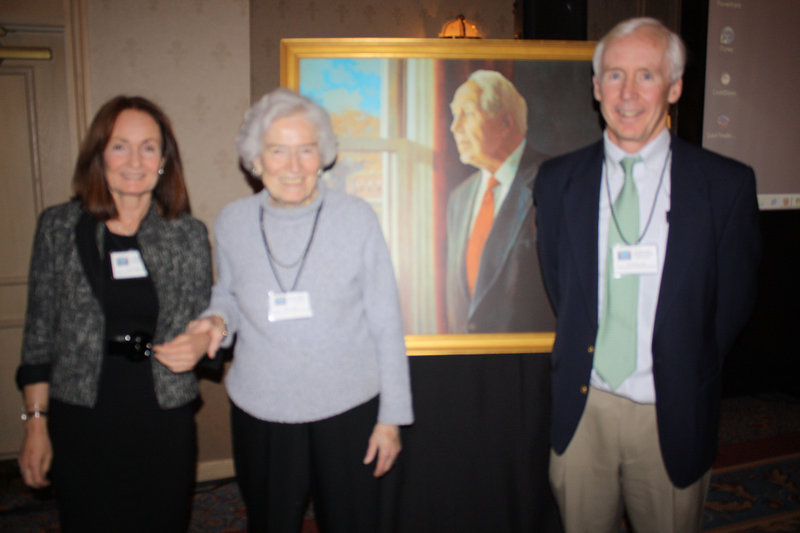
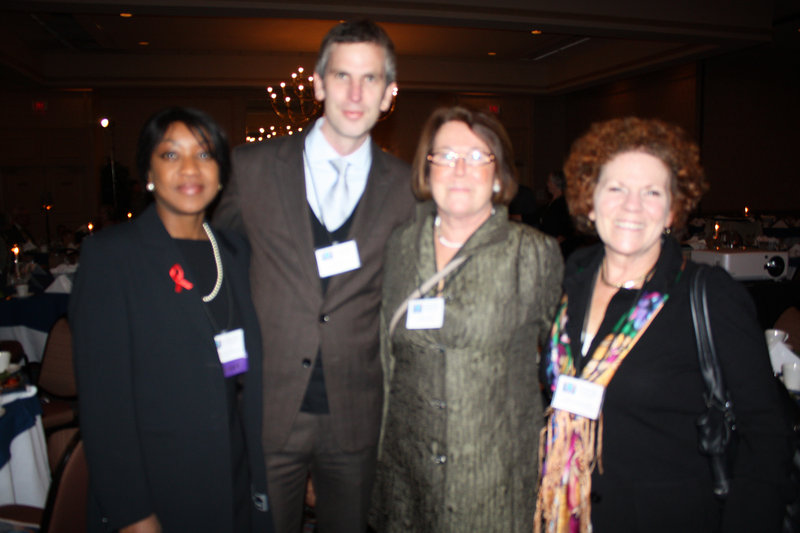
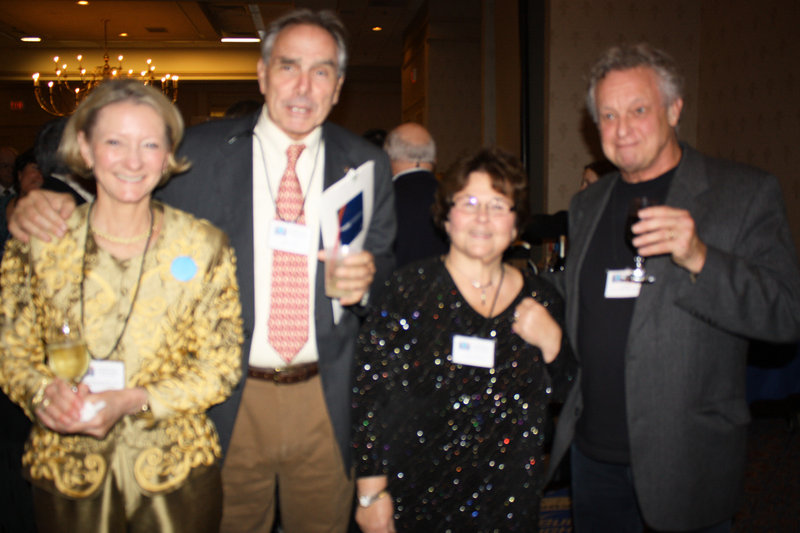
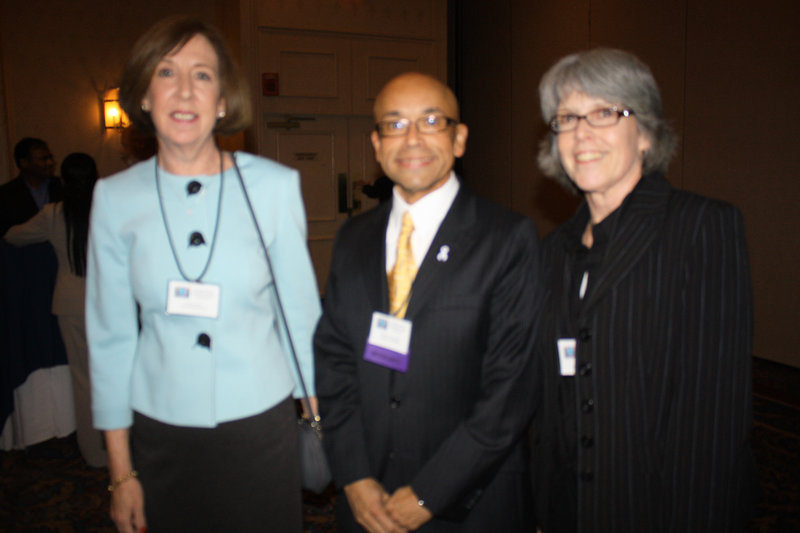
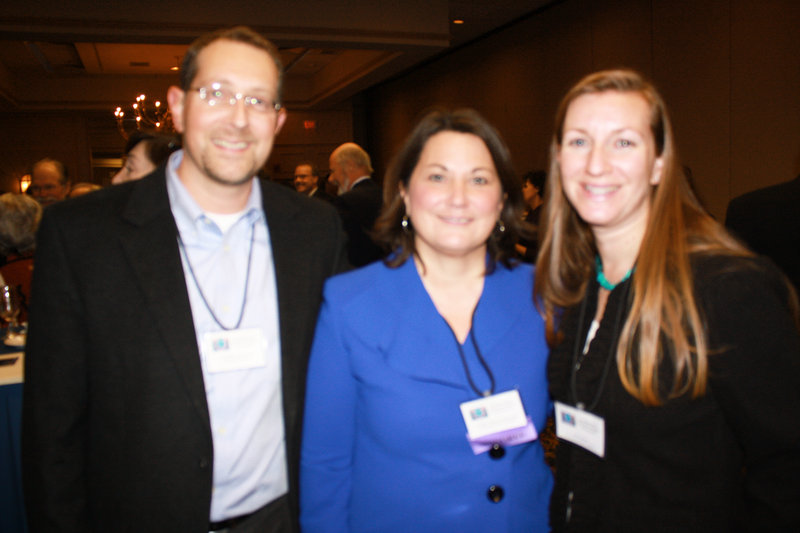
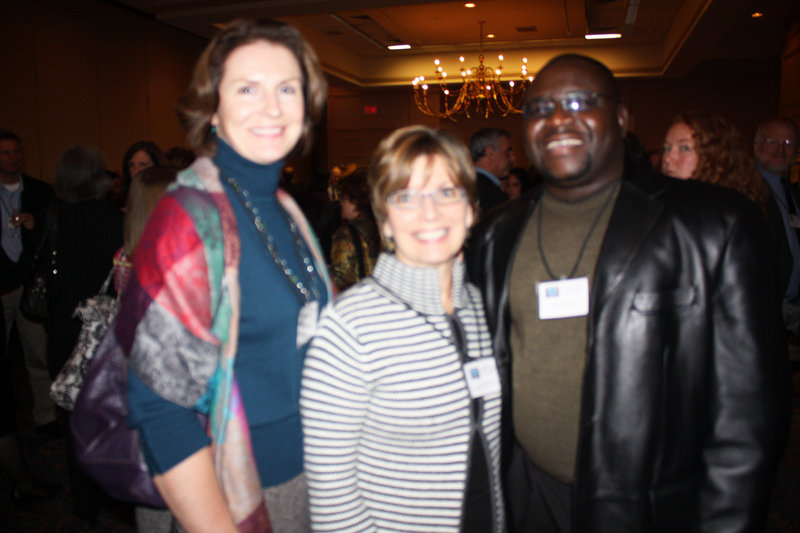

Success. Please wait for the page to reload. If the page does not reload within 5 seconds, please refresh the page.
Enter your email and password to access comments.
Hi, to comment on stories you must . This profile is in addition to your subscription and website login.
Already have a commenting profile? .
Invalid username/password.
Please check your email to confirm and complete your registration.
Only subscribers are eligible to post comments. Please subscribe or login first for digital access. Here’s why.
Use the form below to reset your password. When you've submitted your account email, we will send an email with a reset code.